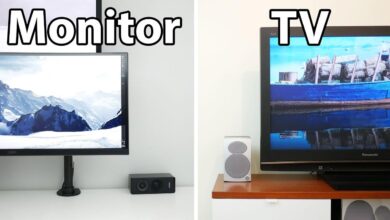
It took little time for Intel to make a statement after the information that came out last week about the possibility of overclocking its Alder Lake processors in their non-K variants. After knowing this information, a lot of commotion and speculation was created, and Intel also warns of the problems of OC to a non-K CPU, as it can be damaged and compromise the rest of the equipment, in addition to losing the warranty. doIs it safe to overclock to an Intel CPU not k?
Overclocking, or raising the frequency of our processor to make it faster, is a process that exists almost on a par with the processors themselves. Currently Intel left only the K-series processors as stock unlocked so that the user, if they wished, could freely access these parameters -and under their responsibility- to carry out the increase in frequency times multiplier.
Storm of Intel non-K processors, breaking records
As expected and with all the press covering what happened after the videos of the German overclocker making known and showing the results of what could be achieved with a non-K processor -blocked- from Intel with the new motherboards and their hidden function, the hwbot-portal was quickly flooded with people uploading and testing these processors with the most disparate results.
Consulting the table of scores obtained in hwbot, for example, for the Intel i3-12300, we can see how several overclockers have had great results with these locked Intel processors. The German sergmann has managed thanks to the LN2 to put this Intel CPU at a frequency of 5.611MHz, being an increase of top 60 percent at your stock frequency for this processor.
Intel’s notice to overclock non-K CPUs
Intel, for its part, has not taken long to pronounce on the matter, but far from prohibiting -for the moment- these options on its motherboards, they have launched a prior notice to consumers warning of the bad and how dangerous it is to overclock to a processor; that although, for a medium or low user it can be a very serious warning, hardware enthusiasts and especially people who really were going to carry out these practices or have the knowledge to do so, are perfectly aware of these problems that can be caused by performing an increase of frequency and speed to our CPUs.
Intel’s statements they explain that:
Intel 12th Gen non-K processors were not designed to be overclocked. Intel does not guarantee the operation of processors beyond their specifications. Altering the clock frequency or voltage may damage or shorten the life of the processor and other system components, and may reduce system stability and performance.
Intel has had to go out and make these statements – as expected due to the commotion caused by its processors – but words can soon become facts, since it is speculated that an update will soon be released for remove the current configuration in future versions of the motherboards involved in this option, which unlocked the overclock of Intel’s non-K processors.




